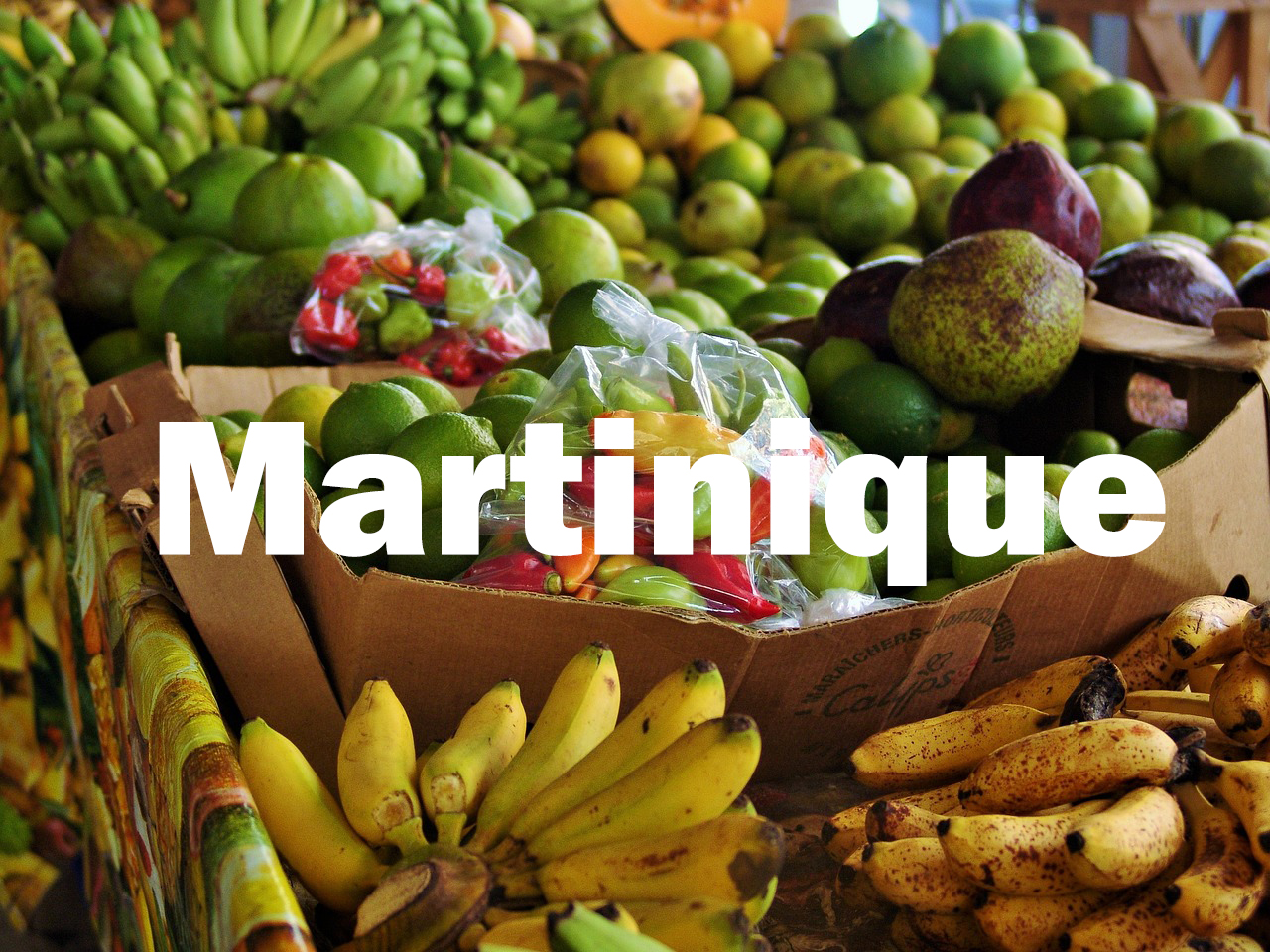The civil unrest in Martinique is deeply rooted in a long history of neglect and marginalization by the French government, reflecting a broader pattern of colonial mismanagement. Since its colonization in the 17th century, Martinique has been treated as a resource-rich periphery to serve the economic interests of France. The sugar plantations and other industries relied on the exploitation of enslaved Africans, whose descendants today make up the majority of the population. This legacy of forced labor and systemic inequality established a foundation for economic disparity and social unrest that persists to this day. Despite being an overseas department of France, Martinique’s development has consistently been secondary to metropolitan France’s priorities.
After the abolition of slavery in 1848, France failed to address the structural inequalities it had entrenched in Martinique’s economy and society. While granting French citizenship to the island’s population, the colonial administration maintained a plantation-based economy dominated by a white elite, leaving the majority Black population in poverty. Even with advancements in civil rights, opportunities for economic mobility and access to wealth remained limited for much of the population. This economic marginalization fostered resentment and created a fertile ground for unrest, as residents often view the French government’s promises of equality as hollow rhetoric.
The French government’s neglect extends to environmental and public health crises, such as the scandal surrounding the use of chlordecone, a pesticide that has contaminated the island’s soil and water. Despite knowing the risks, French authorities permitted its use for decades, causing widespread health problems and environmental damage. This disaster is emblematic of the broader disregard for the well-being of Martinique’s residents, who have long accused Paris of prioritizing profits over the lives of its overseas citizens. The chlordecone crisis has become a rallying point for protests, symbolizing the wider neglect and exploitation endured by the island.
Additionally, economic policies imposed by France have exacerbated unemployment and inequality in Martinique. The island relies heavily on imports from France, leading to high costs of living and limited local economic development. Efforts to diversify the economy have been stymied by centralized decision-making in Paris, which often disregards the unique needs and potential of Martinique. High unemployment rates, particularly among the youth, further fuel frustration and disillusionment, driving protests against a system that many feel is rigged against them.
The unrest in Martinique is, therefore, not an isolated phenomenon but a culmination of centuries of neglect and exploitation by the French government. The population’s grievances are rooted in structural inequalities, environmental injustices, and economic marginalization that have been ignored or inadequately addressed by Paris. These systemic issues underscore a colonial legacy that continues to shape the lives of Martinique’s residents, fueling demands for greater autonomy and reparative justice. Without meaningful reforms and recognition of these longstanding grievances, unrest is likely to persist, as Martinique’s population seeks a more equitable relationship with France.
#France #Martinique





